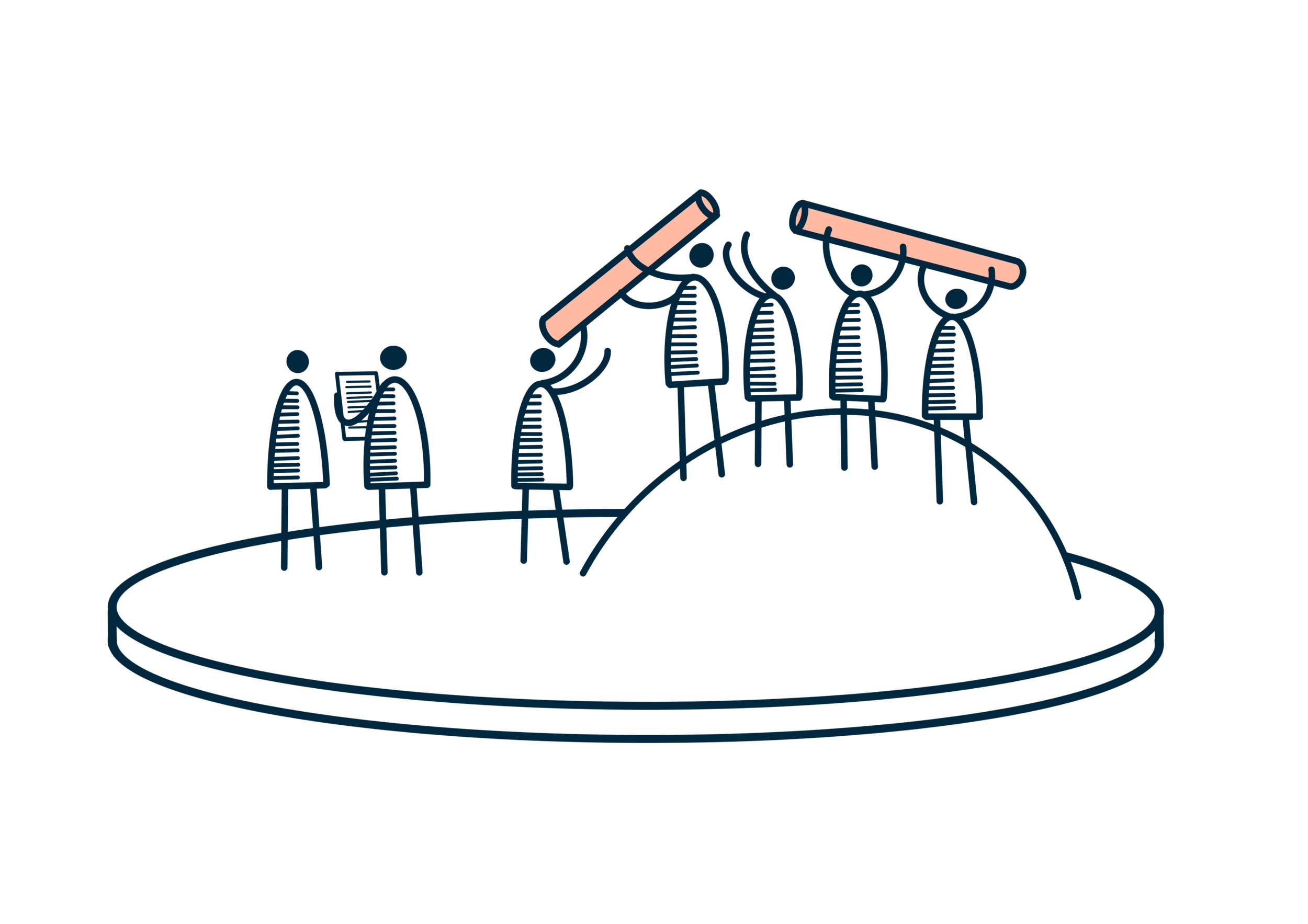
The people change experts.
Welcome to Kentish and Co, where behavioural change meets innovation and expertise. As specialists in driving transformation within the Facilities and Real Estate sectors, we empower organisations to build stronger, more proactive partnerships. Whether collaborating with service partners, client organisations, or both, we deliver the tools and strategies to implement impactful, lasting change.

Ready to take the next step in transforming your leadership, teams, or organisation? We’d love to grab a coffee with you! Whether you have a question, need more information about our services, or want to explore how we can work together, our team is here to help. Contact us today and let’s start a conversation about achieving your goals and unlocking new possibilities for your business.
Email: info@kentishandco.com
Latest news from the team:
In the facilities and workplace sector, benchmarking and insight are no longer ‘nice-to-haves’, they are essential tools for navigating change, engaging stakeholders, and demonstrating value. Kentish and Co, long recognised for expertise in workplace consultancy and culture transformation, also offers a powerful capability that many in the profession may not yet know: market insight work.
Music and change - two forces that move us. As someone who finds rhythm in both, I believe great leadership is like a great song: it stirs emotion, builds momentum, and leaves a lasting impact.
I was recently encouraged to read Religion for Atheists by Alain de Botton, and I’m glad I did. (To be honest, it took me a few weeks to even open it.)
We asked the question - and what you told us speaks volumes:
• 45% say there's a strategic thinking skills gap
• 23% are bogged down by routine tasks
• 20% lack data and insights
• Only 13% believe they're already strategic
Why?
Because off-the-shelf programs don’t speak your team’s language.
Employees forget 70% of generic training content in 24 hours.
One-size-fits-all delivers just a 4% performance boost. Bespoke can exceed 20%.
In FM, 75% of leaders say generic training doesn’t prepare teams for rapid change.
If you work in facilities management - client or service partner side - you’ve probably asked (or heard) that question more than once.
We’ve developed a short, focused workshop that clears up the confusion around roles and responsibilities in FM.
If you've ever followed your favourite band - you know what it means to be a true fan. There’s magic in watching something you love light up different stages, experiencing the energy from new crowds, and telling anyone who’ll listen, “You’ve got to see this for yourself.”
Imagine bringing that same energy to your business relationships.
I recently did something bold — I got two tattoos to raise funds for From Me To You, a brilliant charity that encourages people to write letters to those affected by cancer. The idea was simple but powerful: put something permanent on my skin to create a lasting impact for others. The support was overwhelming.
We recently supported a major global FM provider whose internal transformation team had done all the right things:
· Process reviews
· Engagement workshops
· New KPIs
But progress? Minimal.
Frustrations were rising - across the frontline, in the back office, and at board level.
In the fast-paced world of work, where priorities shift quickly, and diaries fill up fast, flexibility is essential. However, there’s a growing trend that can quietly erode trust and productivity in teams: the habit of cancelling meetings at the last minute.
Change fatigue is real – and it's hurting transformation efforts.
In a recent poll on LinkedIn, I asked:
“How does your team typically respond to frequent organisational changes?”
Lab Operations & Facility Management for Biopharma Summit Europe
We’re thrilled to announce that Liz will be speaking at the 3rd Lab Operations & Facility Management for Biopharma Summit Europe this March!
Wow, 24hrs of letter writing for World Cancer Day - we made it. And we couldn't have done it without you.
We recently swapped desks for drum kits and deadlines for guitar riffs at WeJam in Camden - a brilliant team day filled with laughter, music, and plenty of creativity!















